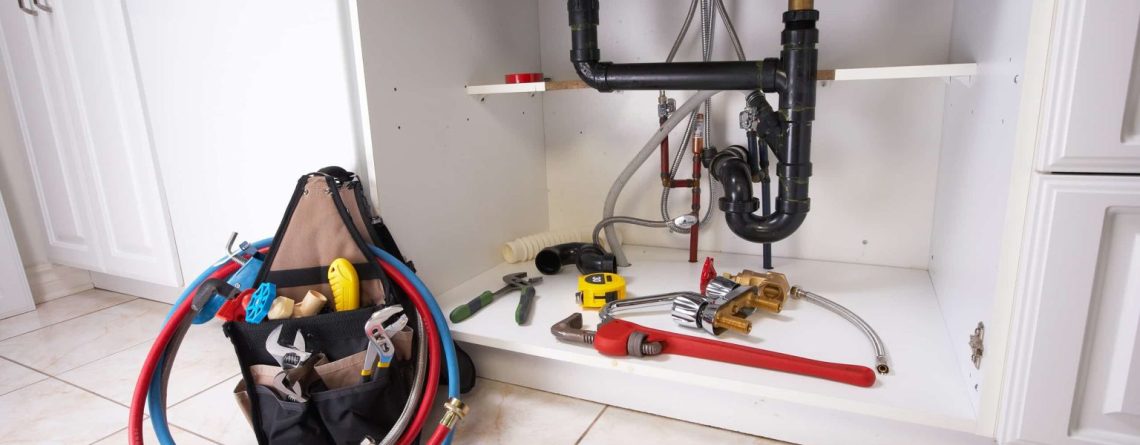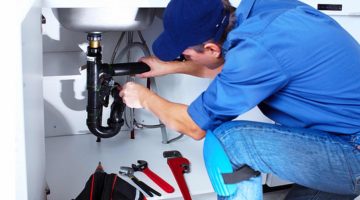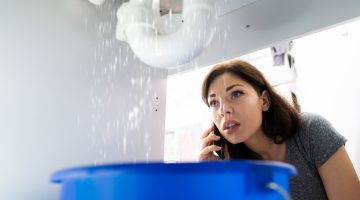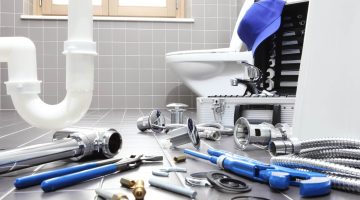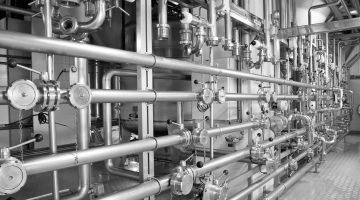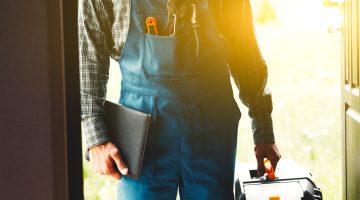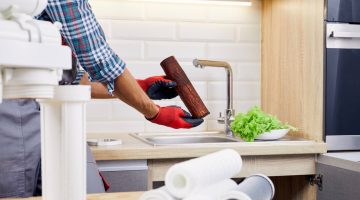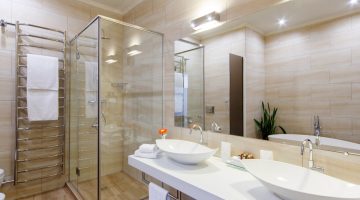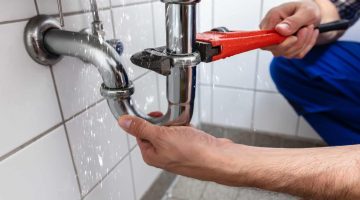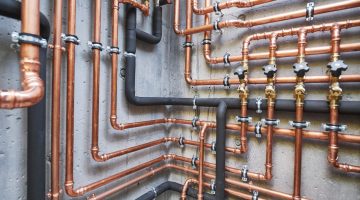Preventative Plumbing: How to Avoid Costly Repairs
Preventative plumbing maintenance is key to avoiding costly repairs and ensuring the longevity of your plumbing system. By taking proactive steps to maintain your plumbing, you can identify potential issues early, prevent major problems from occurring, and save money in the long run. In this post, we’ll discuss some effective strategies for preventative plumbing maintenance.
1. Regular Inspections
Schedule regular inspections of your plumbing system by a licensed plumber. A professional plumber can identify any potential issues, such as leaks, corrosion, or blockages, before they escalate into major problems. Inspections should include checking for leaks, testing water pressure, and inspecting pipes, fixtures, and appliances.
2. Fix Leaks Promptly
Even minor leaks can lead to significant water damage and costly repairs if left unattended. Inspect your home for signs of leaks, such as damp spots, mold growth, or water stains on walls or ceilings. If you notice any leaks, no matter how small, repair them promptly to prevent further damage.
3. Maintain Drains and Sewer Lines
Regularly clean and maintain drains and sewer lines to prevent clogs and backups. Avoid pouring grease, oil, or food scraps down the drain, and use drain strainers to catch hair and debris. Consider scheduling professional drain cleaning services annually to remove buildup and keep your drains flowing smoothly.
4. Insulate Pipes
Protect your pipes from freezing temperatures by insulating them during the colder months. Frozen pipes can burst and cause extensive water damage to your home. Insulate pipes in unheated areas, such as basements, attics, and crawl spaces, and consider using heat tape or cable for added protection.
5. Test Your Sump Pump
If you have a sump pump installed in your basement or crawl space, test it regularly to ensure it’s functioning correctly. Pour water into the sump pit and listen for the pump to activate and pump the water out. If your sump pump fails during heavy rain or flooding, it can lead to water damage and costly repairs.
6. Upgrade Fixtures and Appliances
Consider upgrading to water-efficient fixtures and appliances to reduce water usage and lower your utility bills. Install low-flow toilets, water-saving faucets, and energy-efficient appliances to conserve water and energy. Not only will you save money on your utility bills, but you’ll also reduce wear and tear on your plumbing system.
7. Consider a Whole-House Water Filtration System
Investing in a whole-house water filtration system can help improve the quality of your water and protect your plumbing system from sediment, minerals, and other contaminants. A water filtration system removes impurities from your water supply, resulting in cleaner, healthier water for drinking, bathing, and cooking.
Preventative plumbing maintenance is essential for avoiding costly repairs and ensuring the longevity of your plumbing system. By scheduling regular inspections, fixing leaks promptly, maintaining drains and sewer lines, insulating pipes, testing your sump pump, upgrading fixtures and appliances, and considering a whole-house water filtration system, you can protect your home from plumbing problems and save money in the long run. At New System Plumbing, we offer comprehensive plumbing services to help you maintain a healthy and efficient plumbing system. Contact us today to schedule an appointment and learn more about how we can help with your preventative plumbing needs.

